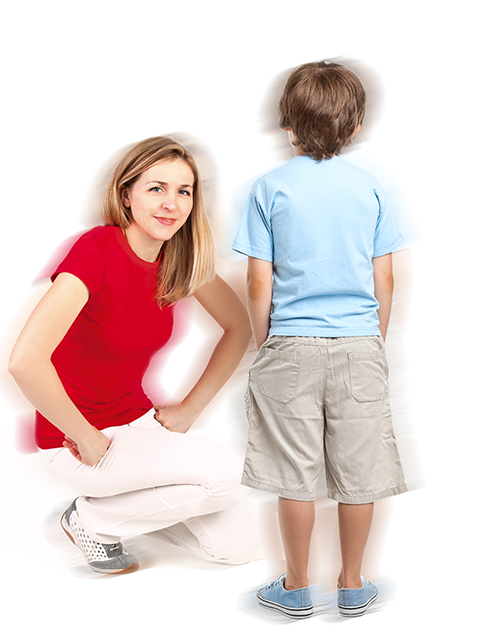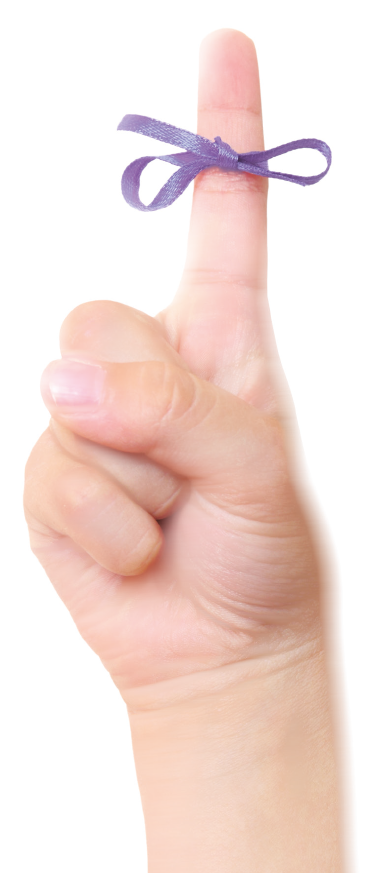Medication and / or behavioural therapies for ADHD
 Treatments for ADHD focus on reducing symptoms and improving the ability to focus, learn and work. ADHD can be treated using medication or non-medical therapy, but a combination of both is often best.
Treatments for ADHD focus on reducing symptoms and improving the ability to focus, learn and work. ADHD can be treated using medication or non-medical therapy, but a combination of both is often best.
There are two main types of medication licensed for the treatment of ADHD:
- Stimulants work by increasing activity in the brain, particularly in areas that play a part in controlling attention and behaviour. These are the most commonly used form of medication and come in short- and long-acting formulations
- Non-stimulants work in a different way. These often take more time to work but have a longer duration of effect
Although these medications are not a cure for ADHD, they may help people with ADHD to concentrate better, be less impulsive, feel calmer, and learn and practice new skills.
Non-medical therapies for ADHD
As well as medication, other types of therapies can be useful in treating ADHD.
Your doctor may have mentioned ‘behavioural’ and other types of non-medical therapies. These approaches involve behavioural, psychological, social, educational and lifestyle approaches to help to change behaviour and reduce or control the symptoms of ADHD.
The main types of non-medical therapies for ADHD are outlined below:
Behavioural therapy
- Parent-led behavioural interventions
- Classroom-led behavioural interventions
- Cognitive behavioural therapy direct to parents
Psychoeducation
- Educating parents, their families and teachers about ADHD
- Direct from clinician at consultation
- Group education sessions
Exercise and diet
- Increasing physical activity
- Changes to diet

Cognitive behavioural therapy (CBT)
The most commonly used forms of non-medical therapy are psychoeducation and behavioural therapy.
CBT is a form of training given on an individual or group basis. It helps people with ADHD to:
- Develop a more planned and reflective approach to thinking and behaving, including social interactions
- Adopt a more reflective, systematic and goal-oriented approach to everyday tasks, activities and problem solving, including academic functioning
- Reduce ADHD symptoms in children, young people and adults
Some local organisations provide ADHD counsellors or coaches to support parents of children with ADHD. They are very experienced with ADHD and often have family members themselves with ADHD. They will get to know you, find out the issues you are dealing with and work with you to find ways you can help to make the home environment better for your child and the rest of your family.
It’s also helpful to talk to your child’s doctor or healthcare professional about what support is available in your area.
In the Resources section of this website there is a checklist to help you when speaking to professionals, such as your doctor.
Useful Links
Patient support organisations
- ADHD Foundation – Parents and carers – https://adhdfoundation.org.uk/
- ADHD Solutions – https://www.adhdsolutions.org/
- The National Attention Deficit Information and Support Service (ADDISS) – https://www.addiss.co.uk
- Scottish ADHD coalition – https://www.scottishadhdcoalition.org
Professional organisations
- National Health Service – Overview ADHD – https://www.nhs.uk/conditions/attention-deficit-hyperactivity-disorder-adhd/
- Royal College of Psychiatrists – ADHD for parents and carers - https://www.rcpsych.ac.uk/mental-health/parents-and-young-people/information-for-parents-and-carers/attention-deficit-hyperactivity-disorder-and-hyperkinetic-disorder-information-for-parents-carers-and-anyone-working-with-young-people
- National Institute for Health and Care Excellence (NICE) guideline NG87 – Information for the public – https://www.nice.org.uk/guidance/ng87/informationforpublic
You are now leaving www.adhdandyou.co.uk. You will be re-directed to an external website. Takeda accepts no responsibilty for the content of other websites.